Calendar and info cornucopia: President's Message
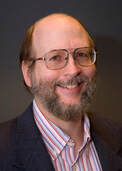 by Steve Watrous We’re having an extraordinarily strong fall season of programs that our UNA chapter is organizing or co-sponsoring. Up next are two November events with national speakers. But first, something new, we are trying to educate about the UN’s Sustainable Development Goals, so the goal most closely related to a topic is shown below with a number. Our Zoom educational forum 10 am Nov. 14th features John Nichols with post-election analysis and proposals for what to do next. LINK for more information. John is one of the most engaging and thoughtful speakers in the country on issues we are concerned about. #17 We’re also co-sponsoring the annual Veterans for Peace Armistice Day event 7 pm Nov. 11th. For more information Click Here. World Beyond War Executive Director David Swanson and local leader Fred Royal Jr. are speaking. #16 Milwaukee stand-out speaker Reggie Jackson, who plays a major role on social justice issues, is part of the panel for the Dec.12th, 10:30 am Zoom event for Human Rights Day. As in previous years, the UNA is part of the planning committee with Milwaukee’s City and County Equal and Human Rights Commissions. We also have a national ACLU leader speaking, a local health expert and more. #10 It’s not too soon to prepare for our January 12th Annual Meeting. Please let us know if you’d like to talk about joining the chapter board or nominating someone you think would be a great addition. Beside elections, we plan an exciting program. Our annual celebration of the UN’s founding, the 75th this year, Zoomed out to some 80 viewers Oct. 18th with business leader Sheldon Lubar giving a tremendous speech on the importance of the UN in the world. LINK to Zoom Conference We liked Lubar’s strong pro-peace op-ed in the Milwaukee Journal Sentinel three years ago, Click Here, and his discussion Oct. 18 was even better. Also on the recording is an award to Jim Carpenter for his untiring work against nuclear and other weapons and wars, with a brief acceptance speech. Longtime chapter leader Joan Robertson initiated this event many years ago, always at the Whitefish Bay Library and featuring the high school’s Model UN students. Education Chair Annette Robertson organized the Zoom program this year along with Librarian Nyama Reed, and invited Lubar to speak. #4 | We connect with some 200 UNA chapters around the country, especially our friends in Dane County, WI. Their annual fundraiser is Nov. 15 by Zoom www.UNADane.org. The featured speaker is outstanding environmentalist Tia Nelson, now at the Outrider Foundation [and Gaylord’s daughter]. #13 Milwaukee UNA chapter members continue supporting the Black Lives Matter movement in various ways, including: -Endorsing a LiberateMKE letter on policing and the Eugene, OR model of dealing with mental health crises. Click Here for Letter -Endorsing Milwaukee’s End the Wars Coalition statement on racism issues. Click Here to read. -Participating at peaceful rallies in Milwaukee, Wauwatosa, Kenosha, etc. -Board member Jeylan Turkoglu is part of a team dealing with local healthcare and inequality. They presented their research recently at a webinar titled “SEPARATE & NOT EQUAL: Racism and Health Equity in Milwaukee.” LINK to webinar recording at UWM library’s website. #3 You may have heard that a part of the UN, the World Food Program, just won the Nobel Peace prize. We’ve talked about the WFP in this newsletter and are super proud that its excellent work is being recognized. It needs support now more than ever. #2 In past years we’ve promoted holiday shopping from vendors consistent with our goals. For this year: -UNICEF used to have a store in Milwaukee, but now you can shop online. -Milwaukee’s fair trade store, Just Goods at 4451 N. Oakland Ave., takes orders and is open Thursday-Saturday 11 am to 3 pm or by appointment by emailing [email protected] . #12 You may be wondering, how can I join this dynamic organization, join a committee, make a donation, or even run for the board? Just let us know of your interest. Email us today! One committee produces this monthly newsletter. External Communications Co-chair Zayna Tubeishat is the proofreader, Communications Committee Co-chair Carol Alexander creates the design and links to our website, Board Secretary Martha Collins mails the newsletter to members who don’t have email, I’m the editor, and many members write articles. If you have an article suggestion, please let us know. I’m giving thanks to ALL the volunteers who work so hard to keep this chapter operating at such a high level. And to our readers: we hope you stay healthy and active! |

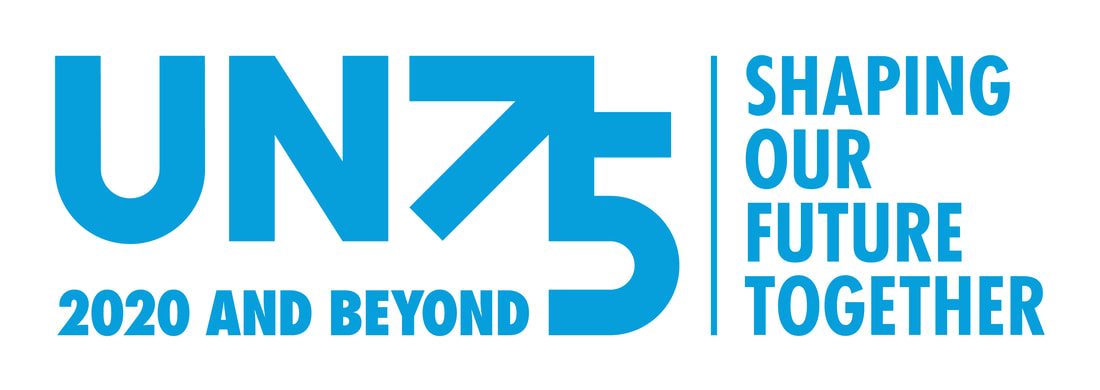
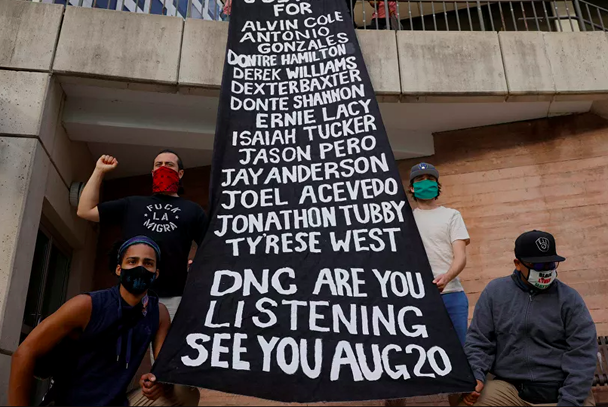
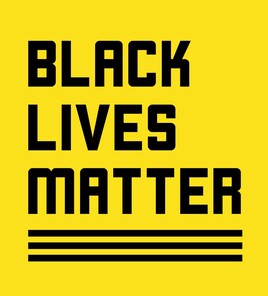


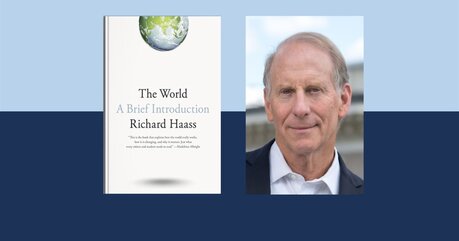
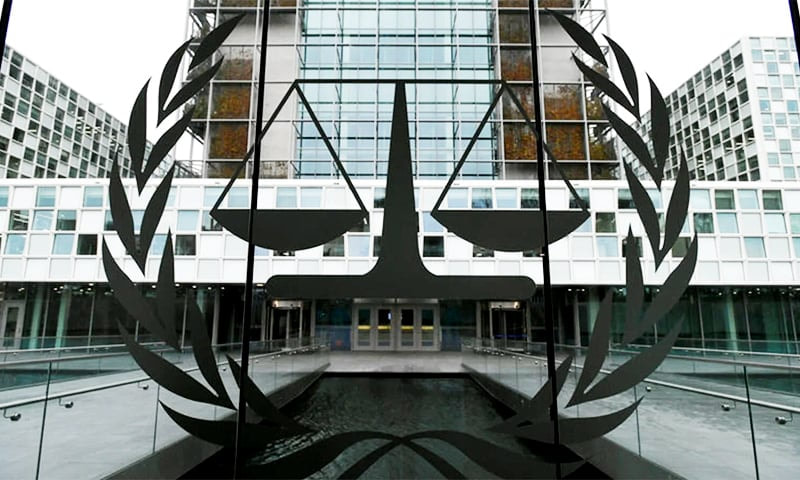
 RSS Feed
RSS Feed
